Creature Comforts - oh so important
- Accomplishment - I pitched my tent in 20 minutes! It was tight and tidy. Slept great the first night. Second day, around noon, I headed back into the tent to grab my notebook, and found a carpet of ants - crunchy icky wiggly ants - under my sleeping bag. See, we had been warned not to have food in our tents (because of bears - ants were not mentioned) but I decided to sneak in a Pop-Tart before snuggling into my sleeping bag. I thought I had put the wrapper in a zip-loc bag, but had accidentally left a tiny one inch square piece of foil that the ants just could not resist. Plus, I had pitched the tent right on top of a giant ant hill. So... swept it out and moved it to a new location. Got to sleep a couple of nights later through a great thunderstorm but stayed dry.
- Porta-potties are not too bad, as long as they are emptied and cleaned regularly. And as long as you can figure out the whole latch system - had one brief period where I was locked in and couldn't figure out how to release the door. Whew. Or pee-yew.
- GREAT food - Lots of tofu and tempeh - and eggs and apples and bread and also fresh veggies from the farm nearby. Much more food than I needed.
- MUSIC! Monday night we were gifted with the music of The Missing Parsons Report - headed by brothers Matt and Billy - mandolin, guitar, banjo, fiddle - old old old folk songs. The highlight - Matt singing Dark as the Dungeon mining dirge, a cappella.
- The best part of it all - the people - hugging, serving food, washing dishes side by side, sharing ideas frustrations and plans, singing.
- True confession - headed to the Pipestem State Park Lodge after the fourth night in the tent where I had a ceramic toilet, shower, and, more importantly, a little space on my own just to think.
- Tuesday morning we spent several hours digging into anti-oppression talk. We began with what initially seemed to be a pretty simple small group exercise with two questions - When have you felt excluded? When have you excluded others? Okay. Not so simple, it turns out. There was lots of pain evident as folks recalled times when they had very actively and blatantly or even subtly been excluded - as young children, in high school of course (lots and lots of those stories), as adults. More surprising - many people talked about how they isolated or "excluded" themselves from groups or activities, often from fear of being rejected or misunderstood. And there was pain in the memories of times when we had not been so kind - either deliberately or unintentionally - and in our efforts to understand why this had happened.
- Oppression? Related to physical, mental, intellectual abilities. To race, class, ethnicity. To sexual orientation or gender identity. To religious beliefs and practices. To military status. To educational status or work life.... too many ways that we sort people out and put them into categories, weighing their value in such odd and unimportant ways, resulting in so much damage.
- Talking about this stuff was important as we moved into talking about how we can work with others in respectful ways in our efforts to stop mountain top removal - members of the mountain communities, politicians, miners, other activists who think or act differently. We put mega-buckets of energy and effort into talking and thinking about this. It was hard but necessary - and uncovered parts of my mind and heart that had not seen light for awhile.
- Early afternoon on Tuesday, I took a ride into town, needing a little time by myself to process all that we had talked about. I turned on the radio, by happenstance tuning into an American Family Radio station. Within ten minutes, I heard two brief stories that kind of blew my mind. One, a talk show guest, who represented himself as a Christian attorney, took a call from a pastor who described a troublesome situation at his church - a man had recently started attending the church, sometimes accompanied by a service dog and sometimes alone but using a cane to help him navigate. The caller's question - was the church legally obligated to allow the man to attend with the service animal? The parishioners found the man "odd" and thought it was "strange" that he sometimes had the dog, and sometimes didn't. The attorney assured the caller that the church was within its legal rights not to allow the service dog in the church, in effect leading to the exclusion of the new church-goer. Well. Second, two talk show hosts voiced anger and disgust that a Macy's employee had been disciplined for not allowing a transgendered individual to use the women's restroom - "I would have said, 'Dude, use the dude's bathroom.' HE's the sick one - HE is the one who should be in trouble." This conversation was presented in sarcastic, snarky tones.
Our natural world breathes - miraculously alive, ever-growing and changing.
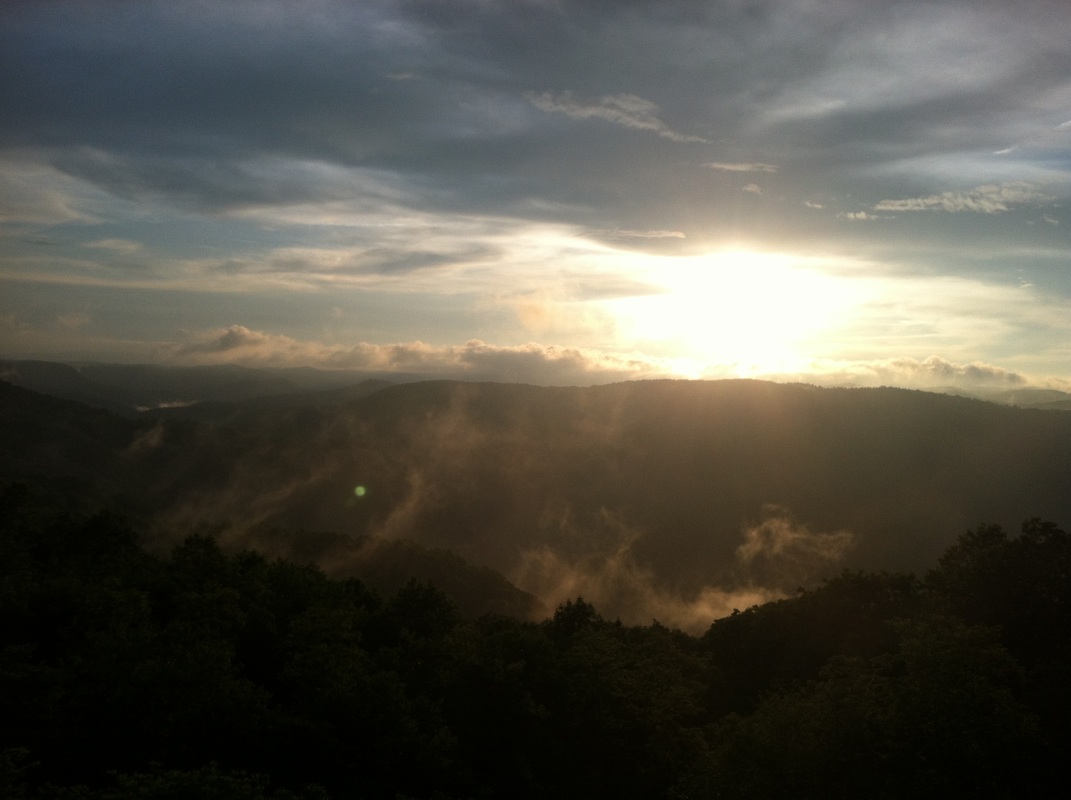
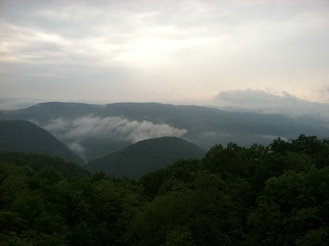
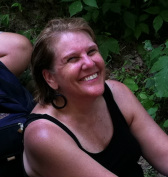
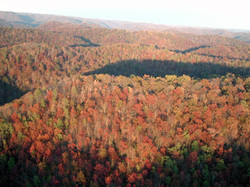
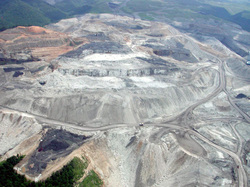
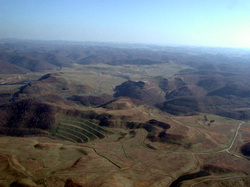
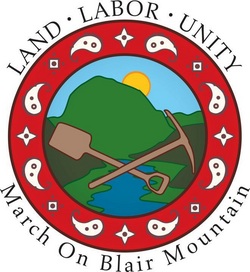
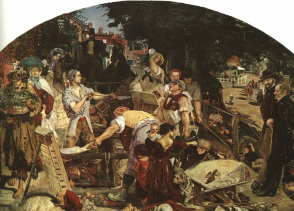



 RSS Feed
RSS Feed
